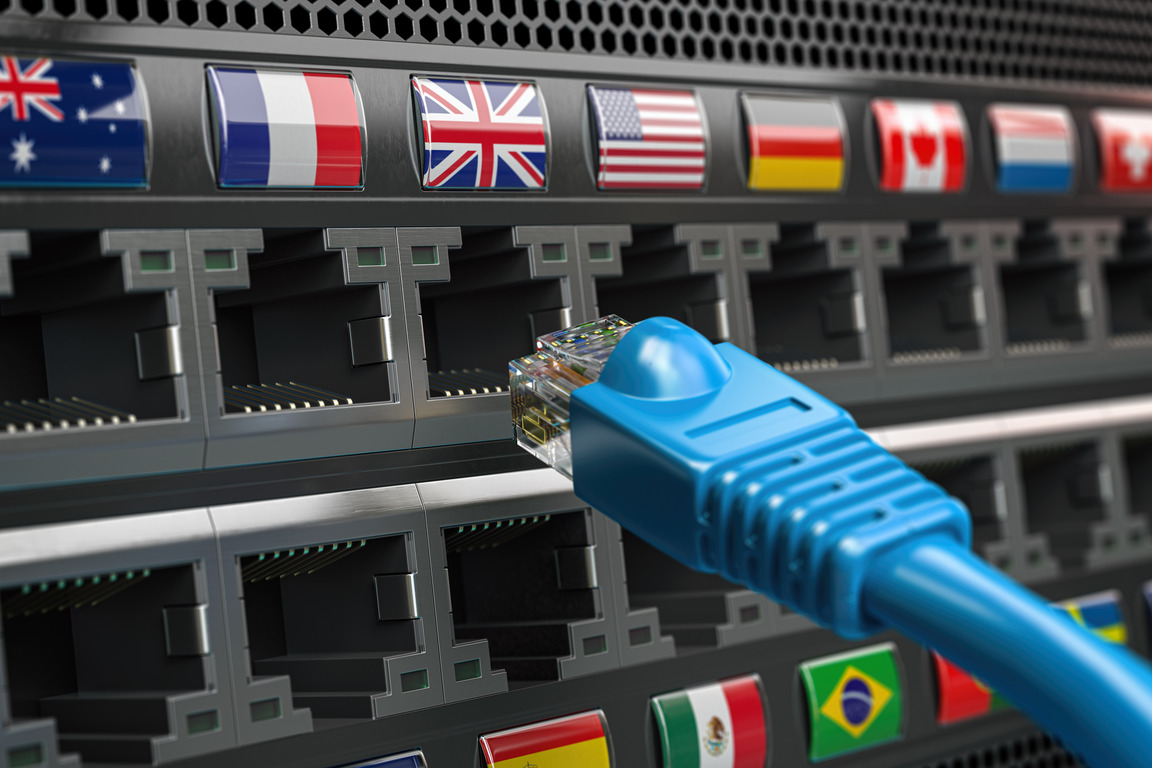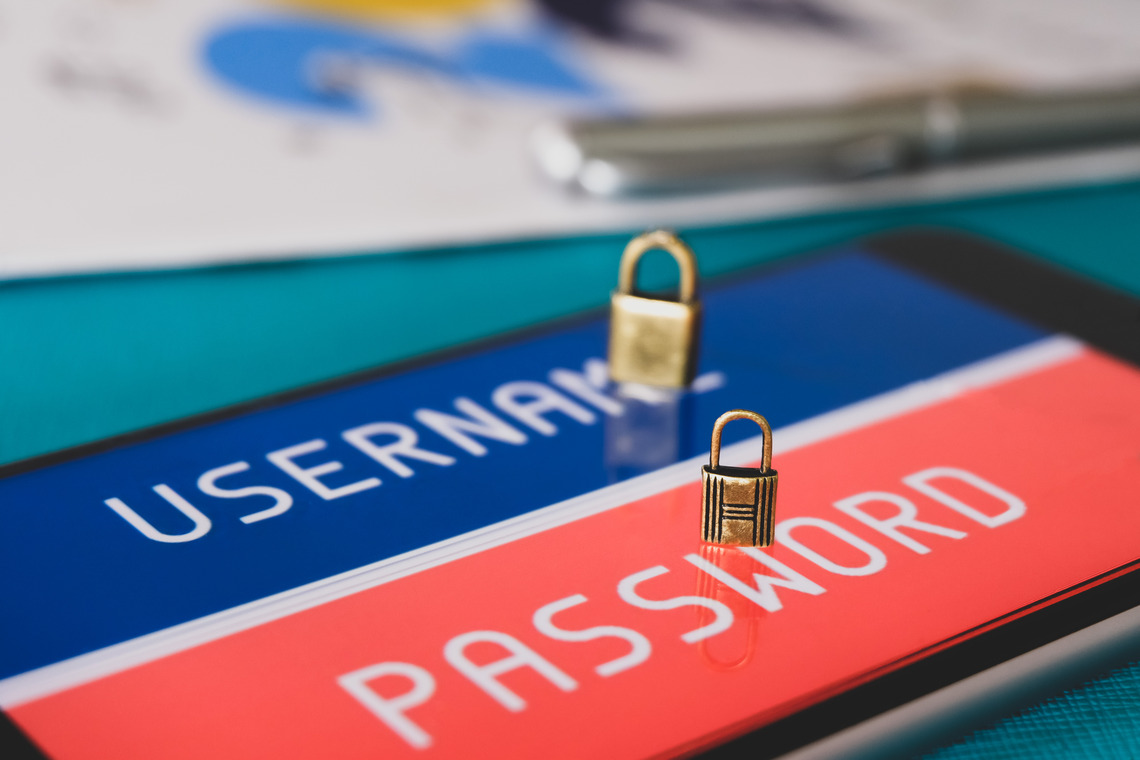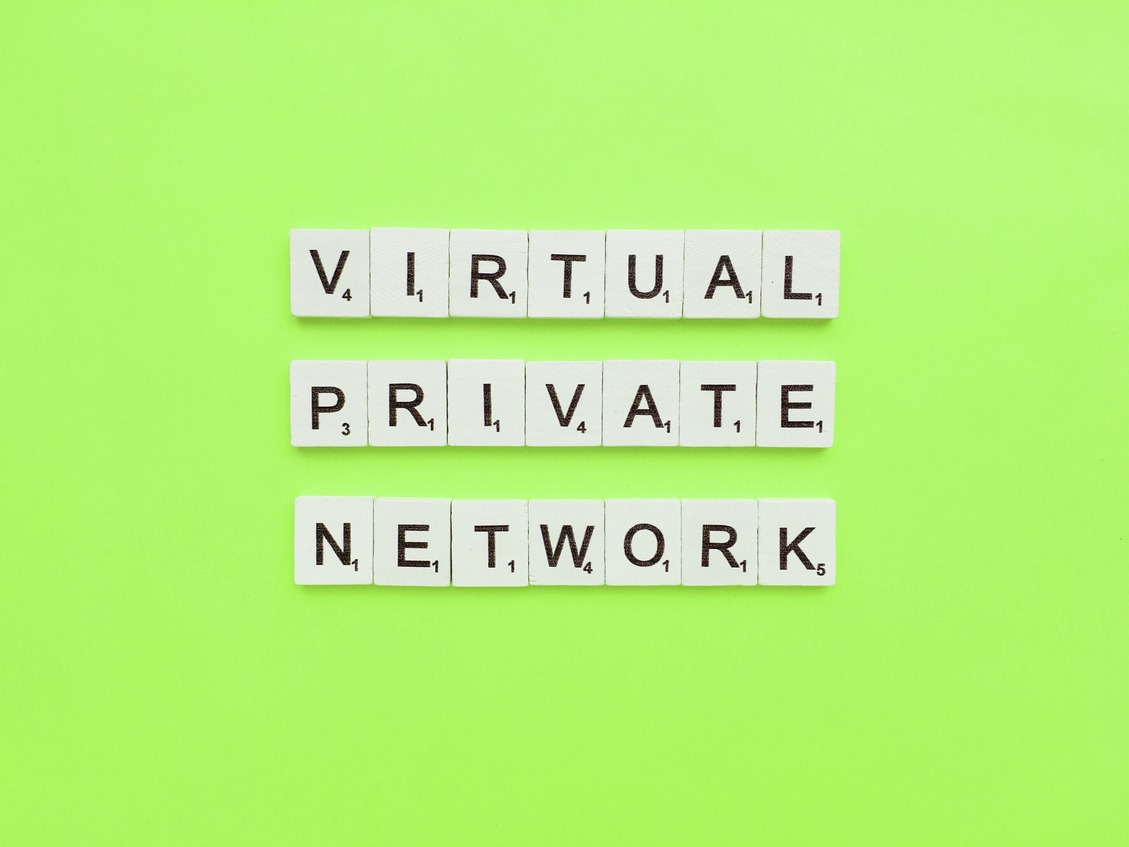The Rising Importance of VPNs in Today’s Cybersecurity Landscape
In today’s digital age, where cyber threats are becoming increasingly sophisticated, safeguarding sensitive online information is of paramount importance. Virtual Private Networks (VPNs) have emerged as indispensable tools for individuals and businesses alike, offering enhanced security, privacy, and anonymity. This article explores the growing significance of VPNs in the context of cybersecurity, highlighting their role in safeguarding against cyberattacks and unauthorized access to personal data. Additionally, it addresses the importance of using a VPN to protect one’s online identity and information, especially when accessing apps with potential privacy concerns.
The Evolving Cyber Threat Landscape
In recent years, the cyber threat landscape has evolved dramatically, with hackers employing advanced techniques to compromise online security. From phishing scams to data breaches, the risks of falling victim to cyberattacks are real and widespread. Hackers often exploit vulnerabilities in unprotected connections to gain unauthorized access to sensitive information, making it essential for users to employ robust security measures like VPNs.
Understanding VPNs and How They Work
A VPN is a secure network connection that encrypts data transmitted between a user’s device and the internet. When a user connects to a VPN server, their internet traffic is routed through an encrypted tunnel, preventing unauthorized parties from intercepting or monitoring their online activities. This encryption ensures that users’ sensitive data remains secure and inaccessible to potential eavesdroppers.
Privacy and Anonymity with VPNs
Apart from bolstering security, VPNs also offer users an added layer of privacy and anonymity. By masking the user’s IP address, VPNs make it challenging for websites, advertisers, or malicious entities to track their online movements. This becomes particularly important when accessing apps that might collect personal data. With a VPN in place, users can maintain their anonymity and avoid potential data exploitation.
Moreover, users need to be cautious when accessing apps like “local sex app” or any application that may raise privacy concerns. While VPNs provide an extra layer of security, it is crucial to remember that no tool can guarantee complete invincibility. Therefore, it’s essential to exercise good judgment and not share more personal information than necessary on such platforms.
Benefits of VPNs for Enhanced Access and Bypassing Restrictions
Beyond security and privacy benefits, VPNs enable users to bypass geographical restrictions and access content that may be otherwise unavailable in their region. This functionality is particularly useful for travelers, expatriates, and individuals looking to access region-restricted services. For example, when someone is traveling to a country with strict internet censorship laws, using a VPN can help them access their favorite websites and apps that might otherwise be blocked. Additionally, individuals can safely use public Wi-Fi networks without worrying about potential eavesdroppers, thanks to the encrypted tunnel provided by the VPN.
Protecting Data on Public Wi-Fi Networks
Public Wi-Fi networks found in cafes, airports, hotels, and other public places are convenient but often lack robust security measures. These open networks are prime targets for cybercriminals looking to intercept sensitive data transmitted by unsuspecting users. By using a VPN on public Wi-Fi, individuals can add an extra layer of protection, ensuring that their data remains encrypted and out of reach from potential hackers.
Corporate VPNs and Remote Work
As the remote work trend continues to gain popularity, companies are increasingly adopting VPNs to secure their employees’ online communications. Corporate VPNs allow remote workers to establish a secure connection to their company’s network, ensuring that sensitive business data remains protected even when accessed from outside the office environment. This way, businesses can maintain productivity without compromising on security.
Choosing the Right VPN Service: With the growing demand for VPNs, an abundance of providers has flooded the market. However, not all VPN services are created equal, and users must choose wisely. Factors to consider when selecting a VPN service include the provider’s reputation, server locations, connection speed, customer support, and, most importantly, a clear no-logs policy. Opting for a well-established and reputable VPN service ensures that users can enjoy a reliable and secure online experience.
Conclusion
As the internet continues to evolve, so do the threats and risks associated with online activities. The rising importance of VPNs in today’s cybersecurity landscape becomes evident, especially when considering the need for enhanced privacy and security while accessing apps that might pose potential risks. By incorporating VPNs into their online routines, users can protect their sensitive data, maintain privacy, and mitigate the risks posed by cyber threats. It is crucial for individuals and organizations to prioritize their online safety and take proactive steps to secure their digital presence effectively.
In conclusion, VPNs serve as crucial tools in safeguarding online activities in an increasingly interconnected world. By using VPNs responsibly and understanding their capabilities and limitations, individuals can enjoy a safer and more secure online experience, even when accessing applications. Staying informed about cybersecurity best practices and regularly updating VPN software can further enhance protection against cyber threats, ensuring a more resilient digital presence for users across the globe.…





